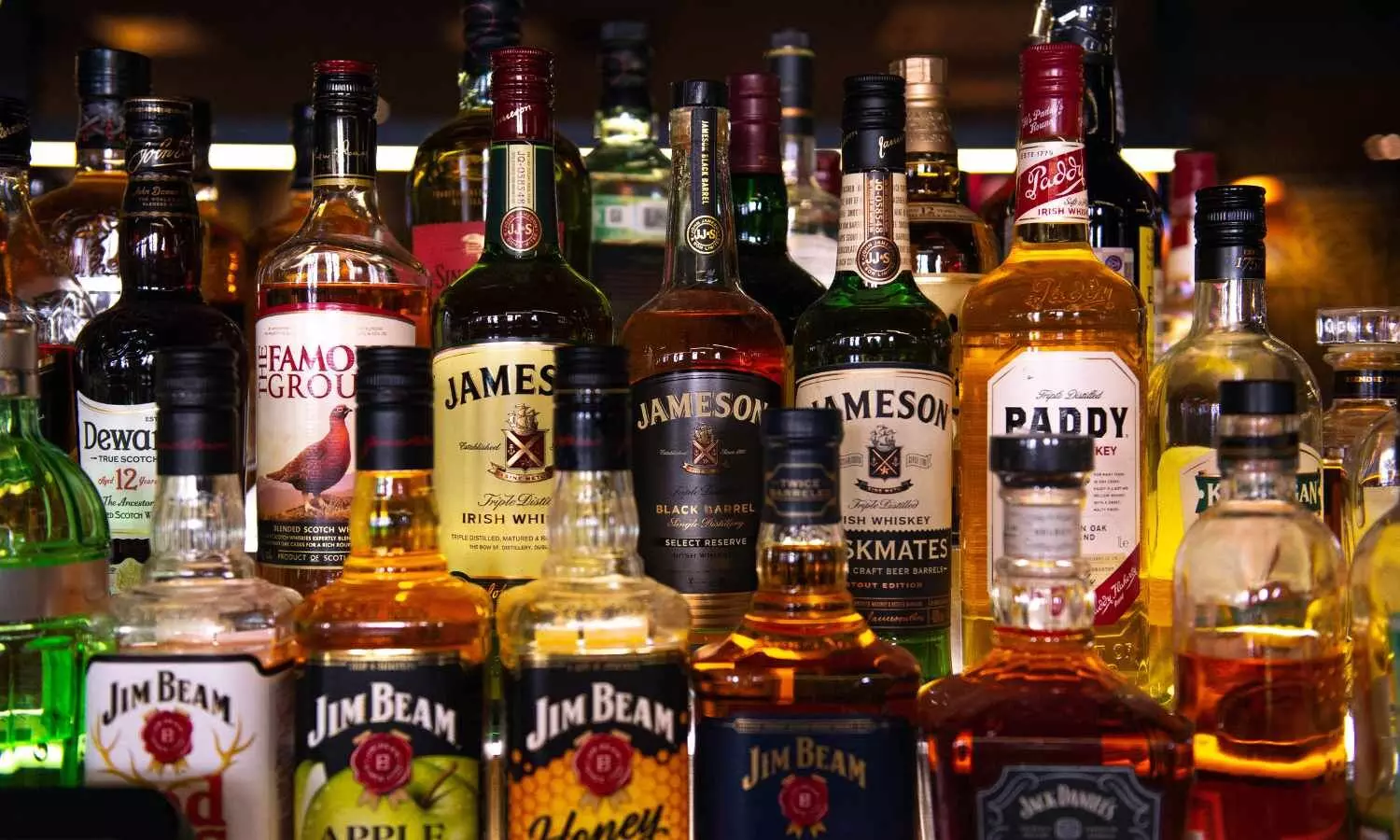Impact of taxation on the alcobev industry
Explore how high taxation impacts the alcoholic beverages (alcobev) industry, affecting pricing, consumption, distribution, and state revenues in India and globally.
Impact of taxation on the alcobev industry

High taxation on the alcoholic beverage (alcobev) industry significantly impacts pricing, consumption patterns, and industry revenue. Increased taxes often lead to higher prices, potentially reducing consumer demand and affecting sales volume. This can also drive consumers to seek cheaper, potentially illicit alternatives or to purchase alcohol in neighboring states with lower taxes. The industry also faces challenges related to pricing freedom and the accumulation of input tax credits due to the exclusion of alcohol from the GST regime.
In Maharashtra, the liquor industry is concerned that high alcohol taxes, specifically the recent excise duty increase on IMFL whisky, could hinder growth. The Brewers Association of India (BAI) argues that taxes on beer are already high and this move could further impact the industry. Some industry bodies predict a decline in legitimate sales and a rise in illicit alcohol as a result of the price increase.
High taxes directly increase the cost of alcoholic beverages, making them less affordable for consumers. They also lead to a decrease in consumption, especially among price-sensitive consumers. Consumers might switch to cheaper alternatives, including illicit or unregulated sources, or choose to buy alcohol in areas with lower taxes.
Lower sales volume translates to reduced revenue for manufacturers, distributors, and retailers. The industry often lacks the ability to adjust prices to offset the impact of increased taxes, unlike other sectors.
The exclusion of alcohol from the GST regime can lead to increased input taxes for manufacturers and a complex system of input tax credit claims.
Higher alcohol prices in tourist destinations can negatively affect the tourism industry.
Potential for Illicit Markets:
Increased Illicit Trade:When taxes are high, the potential for illegal production and trade of alcohol increases, as consumers seek cheaper, untaxed alternatives. This shift towards the illicit market can lead to a loss of tax revenue for the government.
High taxation in the alcobev industry can create a challenging environment, impacting both consumers and the industry itself. Balancing revenue generation with affordability and the need to curb excessive alcohol consumption is a complex issue.
Alcohol costs have been rising since the Goods and Services Tax was implemented, despite the fact that there is no GST on alcohol. This is because, prior to the GST, the VAT regime imposed a 12–15% tax on the inputs used to make spirits. But since GST was implemented, the majority of input raw materials are now subject to 18% GST, which raises input costs. The final consumers bear the brunt of this increase in input taxes. The GST's application to goods and transportation costs is the other factor contributing to the dramatic rise in the price of alcohol. In the past, goods and transit were subject to a 15% service tax. They are subject to an 18% tax after the GST, nevertheless. As a result, the cost of beer and spirits went up because of the increase in input taxes, even if there were no significant changes to the VAT rates applied to these products.
Since alcohol is one of the biggest sources of income for state governments, the GST Council exempted it from the GST's application. Therefore, allowing beer and spirits to be exempt from GST will guarantee that state governments have some degree of budgetary autonomy. However, the decision to exempt beer and spirits from GST is not supported by the sector. Beer and spirits will be exempt from GST, which will raise taxes because input goods taxes have gone up.
Furthermore, producers of beer and spirits would have to request a refund of the input tax credit they have accrued, which could be a drawn-out procedure that lengthens the working capital cycle, because their output would be in a tax-exempt product while they are required to pay input taxes on the purchases of raw materials. Lastly, since beer contains only 5% alcohol by volume, the majority of manufacturers believe there is no reason to exclude it from GST and include it with spirits. Since beer has a huge impact on both the tourism industry and restaurants and bars, the majority of industry professionals believe that it should be made mainstream and subject to GST.
“While the Indian beverage alcohol market is less developed than those of mature nations, the regulatory landscape is becoming less bureaucratic in certain key states, with state governments taking a more pragmatic view on an industry that is often a significant contributor to tax revenues,” IWSR’s India expert Jason Holway points out. “Combine population growth with less regulation, and the result is significant value growth.”

